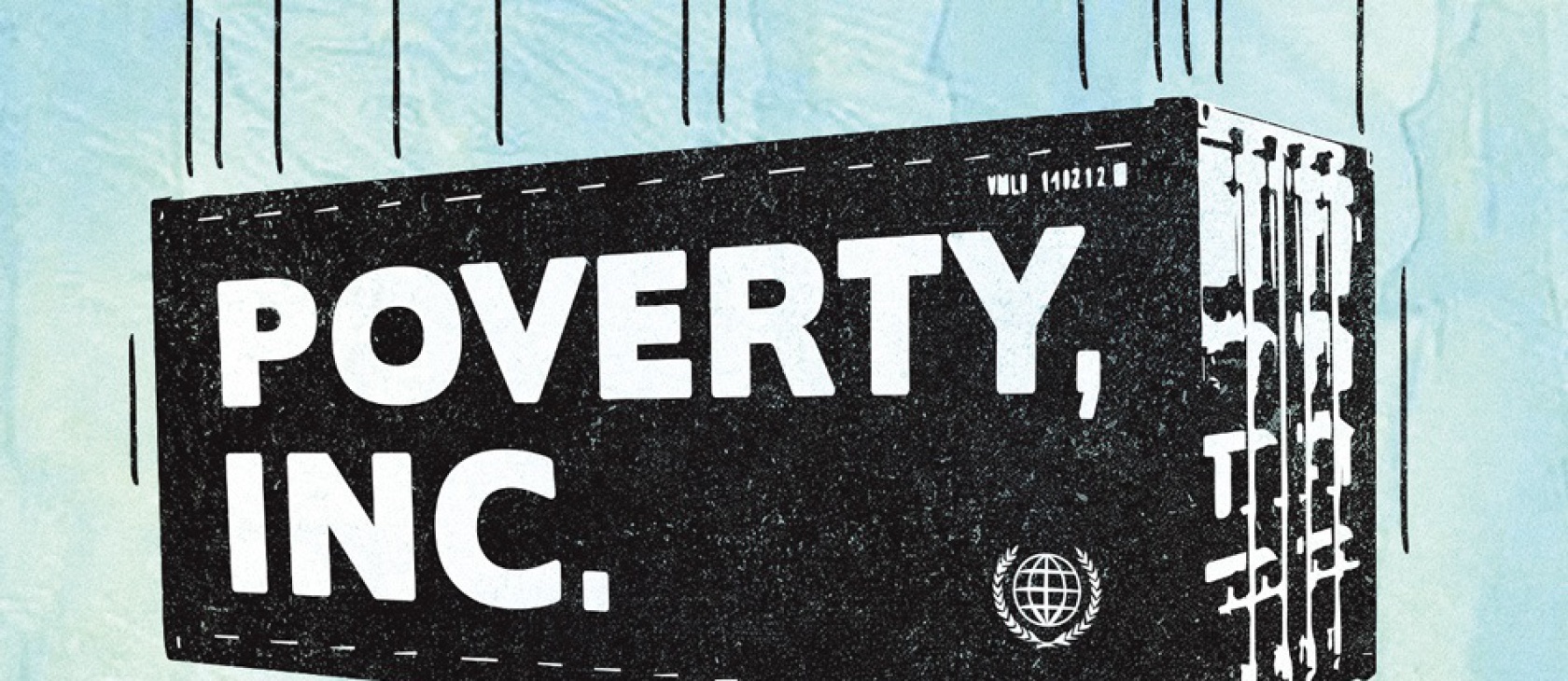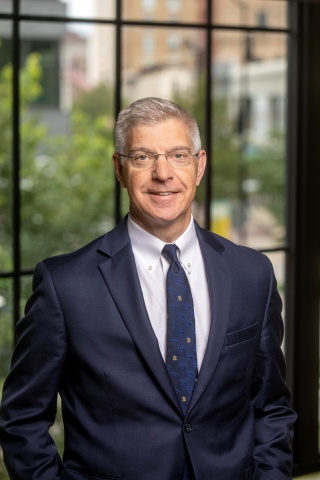The original version of this article was featured in the Brazilian magazine Veja on January 4, 2017. Translated from the original Portuguese.
While the poor get poorer, professionals that act on their behalf are doing very well. They are part of a system that needs poverty in order to succeed.
I just returned from my third visit to Brazil in two years. The chief purpose of my visit this time, was to release a documentary film, newly dubbed into Portuguese. The film’s title is Poverty, Inc., and is meant to suggest something is wrong with the way our societies care for our fellow man. Good intentions have gone awry, and instead of helping to end poverty, in many cases our efforts have been totally ineffective. In some cases, our efforts have made things much worse for the poor.
Ironically, as we point out in the film, while the poor are not better off, a whole army of people, professionally acting on behalf of the poor and in their name, have done very well indeed. A whole “industry” has grown up to help ‘end poverty,’ and includes an incestuous and self-interested mixture of governmental, corporate and NGO institutions, whose very existence depends upon poverty not ending.
I’m no expert on poverty programs in Brazil, although this past visit acquainted me with some of the current discussions in Brazil about domestic poverty programs, such as Bolsa Familia. There are some merits to this approach as a policy prescription, and I think it is probably better than the complex web of American welfare programs. I know somewhat more about the American welfare system, which by any fair account, has totally failed to end or even ameliorate poverty.
One statistic alone should give any reasonable person pause: in the US, we spend 1 trillion dollars per year on various poverty schemes across all levels of government. The poor see very little benefit for this huge financial investment in their name, which is ground up by hundreds of thousands of professional bureaucrats, well-intended but widely duplicated efforts, and non accountable benefits that do nothing to move the poor toward self-reliance. If you divide the 1 trillion dollars by those in America officially considered “poor,” it amounts to $20,000 per recipient per year, or $60,000 for a poor household of 3. Frankly, it would be far better to simply hand this investment directly to poor people as an income support, as Brazil attempts to do in its Bolsa Familia scheme, than spend 85% of that on poverty middlemen.
But all of this discussion on how to “get stuff” to poor people is really not at all the right question and is missing the point. Seeing poor people as simply objects of our charity, disregards their dignity and their tremendous, innate capacity to meet their own needs and the needs of their families. In a poignant moment in the film Poverty, Inc., we hear a proud Haitian remind us, “No one wants to be a beggar for life.” Most people do not want to have to rely on others for their daily bread. They just want and need a chance to enter the economy. But there are many obstacles to broad inclusion in the economic system. As Pope Francis has identified, in many parts of the world today, we live in economies of exclusion that keep the poor at the margins.
Let me give you an example of what I mean from Poverty, Inc. In the film, Peruvian economist Hernando de Soto describes an experiment he initiated to test how difficult it was to start a business. He hired two educated young women, and set them up in a two-sewing machine shop in a Lima favela. He gave them the support of a Peruvian lawyer who was an expert in setting up businesses, who gave them step by step instructions on the requirements necessary to formalize their business. They recorded their efforts to demonstrate what it would take for the average aspiring entrepreneur to get through the bureaucracy and paperwork. Here is what they discovered: to legally establish their business in Peru, it took more than 300 days working nearly full time and cost them more than 32 times the minimum wage! If we’re honest with ourselves, we immediately recognize that these bureaucratic hurdles make it practically impossible for the poor and less educated to start a legal business. This condemns the poor to practice their entrepreneurship in the black market, where their informal status makes them constantly vulnerable to theft, zealous regulators, and corrupt police.
Better than doing good in order to feel well is to help people become master of their own destiny.
This morass of bureaucracy in the way of economic progress is hardly limited to Peru. Similar stories can be found throughout Latin America, Africa and Asia. Indeed, in my previous visit to Brazil, I encountered my own particular story of the excluded poor. I was searching for a rede as a gift for my son, but I particularly wanted something handmade. My host, Rio Grande do Sul parliamentarian, Marcel van Hattem, took me downtown and into the local neighborhoods and it didn’t take too long for us to come upon an older man selling redes by the roadside. He told us that the hammocks were hand made in northern Brazil by members of his family, and he trekked back home regularly to visit his family and to bring back his merchandise for sale in “the big city.” He was a decent and hardworking man. And he was a criminal: He was operating an illegal enterprise.
After our purchase, we thanked him and Marcel handed him his card. We then visited a Church next door before returning to our car. When we arrived back to the car, our entrepreneurial friend was waiting for us. Gripping Marcel’s business card, and with tears brimming in his eyes, he asked Marcel for his help. He explained that more than anything, he wanted to operate a legitimate business, and described all of the difficulties and vulnerabilities one has in operating in the black market. He wasn’t asking for a special favor that politicians like to give out, nor was he asking for any welfare handouts. He simply wanted a chance to be included in the formal economy, and to work hard in supporting himself and his family. But unfortunately, with limited education, time and funds, this man could not navigate his way through the bureaucratic paperwork and associated costs that keep him and millions like him from business formation. As a matter of public policy, why do we make it so difficult for the poor to offer their gifts and talents to the marketplace? Why do we as a matter of law and regulation, keep the poor at the margins?
There is change afoot in Brazil. As an outsider who has visited the country frequently, it is perhaps more obvious to me than to my Brazilian friends that there are current conversations about social and economic possibilities in Brazil that are both exciting and hopeful. Above all, I left the debates that I took part with the conviction that we in the West have to fundamentally rethink the way we care for our neighbor. We have to care less about what makes us feel good and more about what helps those in need become the masters of their own destiny. And that requires humility on our part, and courage on theirs.













